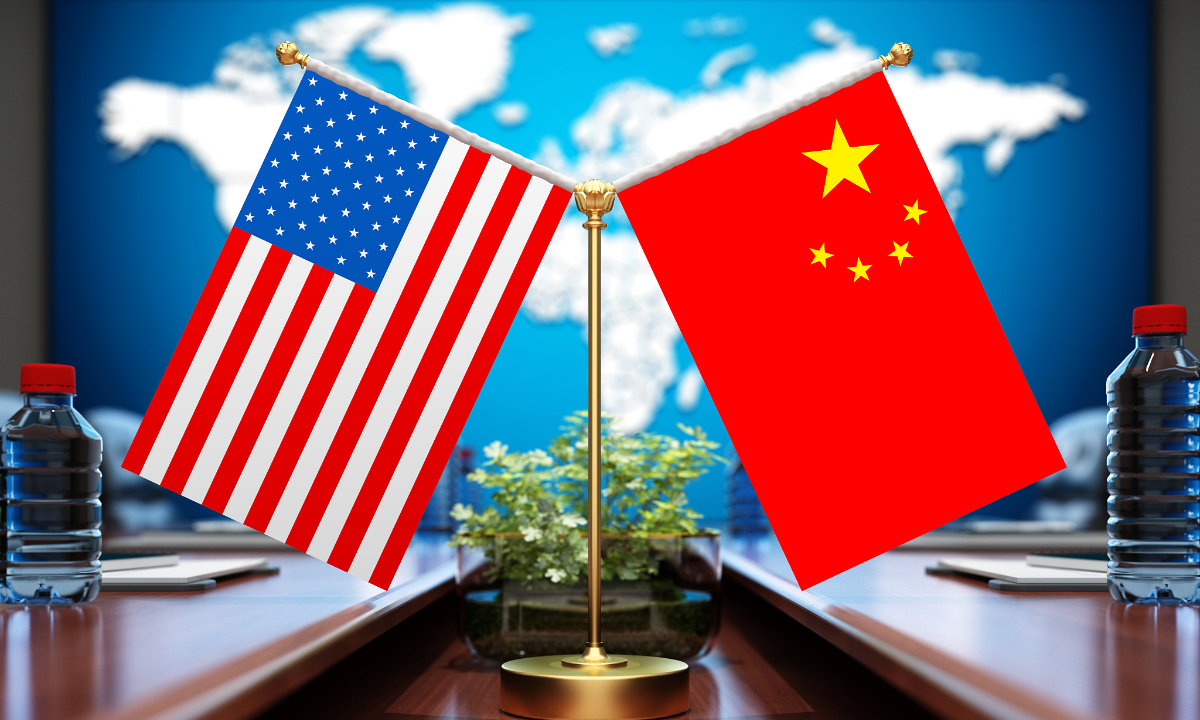Many scientists and researchers in the US and China are continuing to sit on the edge of their seats as they await the final decision on the possible renewal of the US-China Science and Technology Cooperation Agreement (STA). The agreement, which expired in August 2023, was extended by Beijing and Washington to allow for six months of negotiations to develop a new, more relevant agreement. The STA is important as it serves as an umbrella for all activities in the science and technology (S&T) realm. It also holds symbolic value insofar as its existence implies that S&T cooperation has the blessing of both Beijing and Washington.
Since the original agreement was signed in 1979 and many cooperative activities have occurred under the so-called umbrella, a series of new, pressing issues have moved to center stage in terms of constraining or limiting productive engagement in science and technology. The following five issues have assumed central importance and have served as the focal point for the current series of in-person and Zoom interactive sessions: guarantees for the personal security and safety of researchers; clarity and consistency regarding data security, data access, and data use and ownership; clarity and consistency regarding the disposition of intellectual property created under the cooperative agreement; reciprocity and equal access in terms of the ability of scientists and researchers to pursue their projects; and a commitment to good intentions so that no one will attempt to divert information for unintended purposes. There also has been a focus on the fields of cooperation.
Unlike the broad agenda in the past, the US would like to concentrate on a much narrower group of subjects such as climate change and global health, while the Chinese side would prefer to see a more open-ended set of topics.
Obviously, a new agreement was not signed on February 27, 2024, as originally hoped. An announcement was made by the State Department that negotiations continue to be ongoing, which is a good sign that the two sides still remain committed to a continued exchange of ideas. Failure to achieve a new agreement would be detrimental to both countries. Without the endorsement of each respective government, many scientists and researchers as well as administrators may be skeptical that their interests can be protected.
Furthermore, even though the bulk of projects under the umbrella do not directly secure funding under the agreement, the fact that relationships have been or will be built across the Pacific is usually a good inducement for funding agencies and foundations to make monies available to support bilateral collaborative activities.
It is not necessarily the case that without STA renewal, there will be no US-China S&T cooperation. Some activities would indeed occur. But, a key driver that has helped facilitate cooperative engagement in science and technology over four decades would be missing, leaving many to question the value of collaboration without strong endorsement from top leaders.
Fortunately, at present, there are signals in the air suggesting that both countries are optimistic that the key issues can be resolved in an acceptable fashion. The major overriding question right now is whether the political will exists on both sides of government to actually sign an agreement that perhaps might reflect compromises from both sides. This is especially true for the US because this is a presidential election year and there are some groups, especially in Congress, that are not in favor of having any revised or new agreement. Moreover, because of the complexity and multifaceted nature of the five issues, many more players in both governments have had to get involved.
Despite these challenges, there are reasons to believe that reasonable minds will prevail. There is no global S&T-related issue at present, for instance, climate change, whose meaningful solution does not depend on close sustained cooperation between the US and China. Furthermore while we definitely have entered a critical period regarding the future of the STA as well as the future course of overall bilateral S&T cooperation, there are likely forces at work driving both sides to a workable agreement that is politically acceptable, even given the souring of bilateral ties.
The author is a Distinguished Fellow at the Institute for China America Studies located in Washington DC. opinion@globaltimes.com.cn













